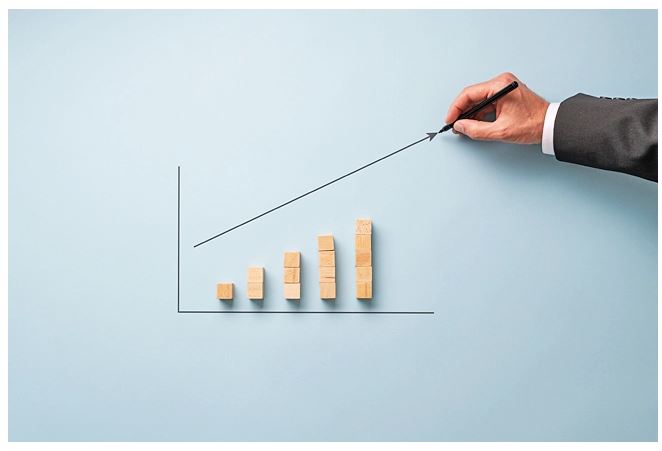Brunei: Sultanate’s economy to grow 3.2 per cent this year and next: OECD
Brunei Darussalam’s economy is projected to grow by 3.2 per cent in 2023 and also 3.2 per cent next year aided by investments in the fertiliser industry and higher oil and gas prices due to the war in Ukraine.
The Sultanate has expanded its fertiliser, oil and gas, and petrochemicals production capacity aggressively in recent years.
The nation’s economy rebounded with 0.9 per cent growth in third quarter (Q3) of 2022, ending seven quarters of negative growth caused by restrictions in response to the COVID-19 pandemic and maintenance on oil and gas facilities.
This was according to the recent Economic Outlook for Southeast Asia, China and India; Reviving Tourism Post-Pandemic report by Organisation for Economic Co-operation and Development (OECD).
The first and second quarters of 2022 recorded a year-on-year decline of 4.2 per cent and 4.4 per cent, respectively.
The decline was due to maintenance work on oil and gas facilities and the country’s response to the COVID-19 pandemic.
Investment in the fertiliser industry in the first quarter of 2023 will support gross domestic product (GDP) growth and exports.
This comes at an opportune time for Brunei given that global fertiliser prices are exceptionally high.
The report also said the country is benefitting from surging oil and gas prices resulting from the war in Ukraine, which will in turn boost government revenues. The country will also benefit from rising exports of petrochemical products.
As a significant oil and gas exporter, the government is expected to run a larger current account surplus in 2023.
The forecast of a higher surplus reflects higher global oil and gas prices and prospects for higher petrochemical and fertiliser exports.
The report added that growth in emerging Asia shows resilience in 2023, but needs to manage risks. The region’s economies – the 10 ASEAN member countries plus China and India – have stood up well to the challenges presented by the COVID-19 pandemic, the war in Ukraine and a global economic slowdown.
The export sector helped boost the region’s economic growth in 2022, though there are some recent signs of slowing down.
The global economic slowdown is expected to weaken external demand. Food security could also be a concern, with supply-side bottlenecks causing further difficulties and higher prices for goods and services, which could affect both domestic and external demand.
The pandemic has significantly impacted the service accounts of regional economies, and the sector may not return quickly to pre-pandemic levels.
The tourism and transport industries may struggle to cope with the surging demand for travel, though China’s abandonment of zero-COVID policy is a positive element for growth in the region.
Prior to the pandemic, emerging Asia enjoyed a booming travel and tourism industry. In 2019, travel and tourism contributed 11.7 per cent of GDP and 13.2 per cent of employment to the Southeast Asian economy, with jobs for 41.8 million people.
Source: https://borneobulletin.com.bn/sultanates-economy-to-grow-3-2-per-cent-this-year-and-next-oecd/


 English
English




